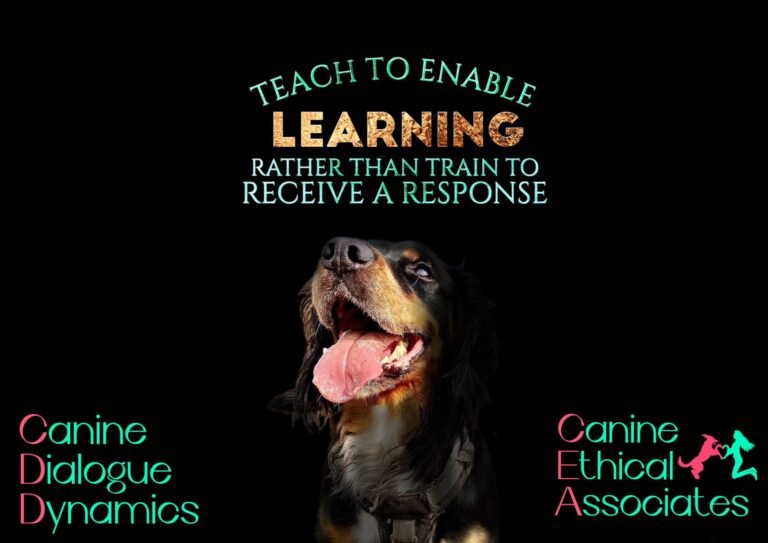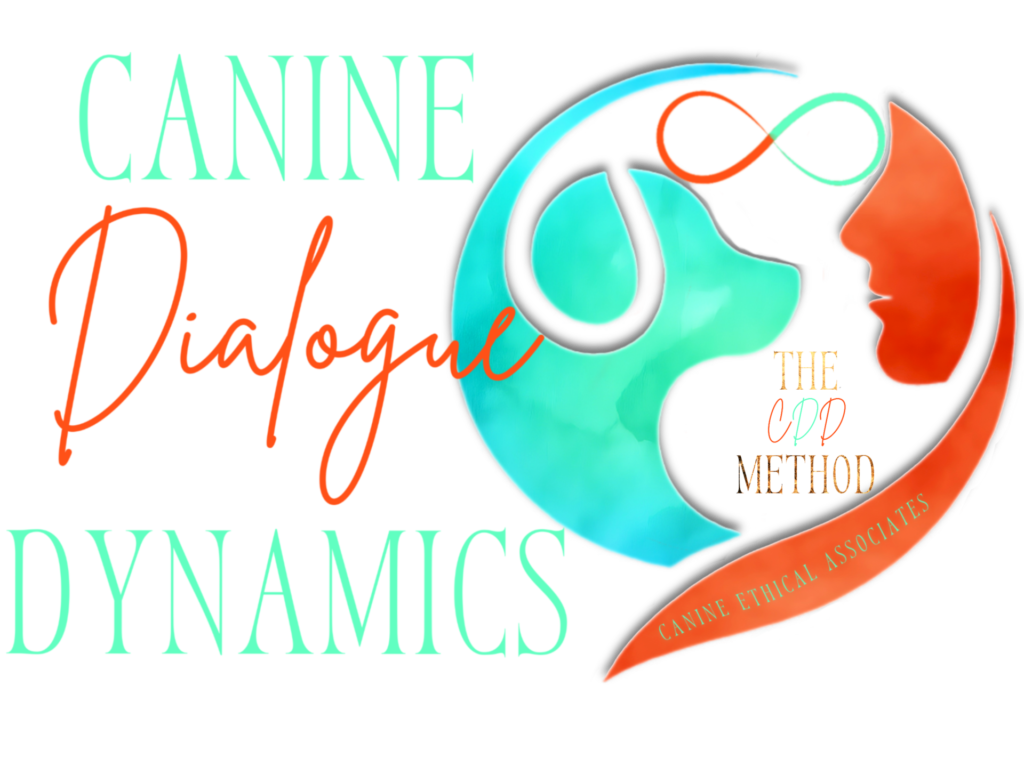In the dog training world, treats are like currency. We’ve all been there: pockets full of kibble, trying to coax our dogs into desired behaviours. While reward-based training has been heralded as a positive approach—and it surely is an improvement from older punitive methods—it’s essential to examine it critically, especially when over-relied upon. In a world where we’re constantly evolving our understanding of canine needs and psychology, it’s important to assess if we might be unknowingly limiting our dogs’ potential.
Overdependency on Treats and Humans
Many well-meaning trainers advocate using treats to shape behaviour. And yes, many dogs will eagerly comply for that tasty morsel. But are we inadvertently teaching our dogs to become over-reliant on us and food?
A deeper dive into this method raises concerns about fostering dependency. Just as a child won’t thrive if overly attached to their parent, a dog’s growth can be stunted if they’re always looking to us for the next cue or treat. This kind of dependency can hinder their confidence, limiting their exploratory and problem-solving behaviours—skills vital for a well-adjusted canine.
The Fine Line Between Encouragement and Coercion
Using treats to lure dogs into confronting fears can be problematic. Imagine being afraid of spiders and being coaxed into holding one because you’re offered money. The external reward doesn’t negate the internal fear; it suppresses it temporarily. Similarly, when dogs are lured into situations they find unsettling, we might inadvertently pressure them to suppress their true emotions for that treat.
Dogs, much like us, are cognitively complex beings. Their emotions run deep, and they deserve to be treated with understanding and respect. If we focus solely on external motivators, we risk missing out on understanding their emotional states and the necessary support they might need.

Being present with your dog and engaging with them doesn’t require training or conditioning.
The Need for Independence and Agency
Every living being craves a sense of agency, a control over their own lives. By constantly luring our dogs with treats—even in non-fearful scenarios—we might be robbing them of making choices based on their true feelings or instincts.
Moreover, the concept of making dogs ‘work’ for their primary need—food—is one that deserves introspection. Food is a basic right, not a luxury or privilege. Putting our dogs in a position where they constantly feel the need to earn their sustenance can inadvertently introduce unnecessary stress into their lives.
Growing Together on Our Training Journey
It’s essential to approach this topic with compassion. All of us, at various points, have leaned on the methods that were taught to us or seemed effective at the time. This isn’t a call to condemn, but rather an invitation to reflect. As we grow and learn, so should our training methodologies. In embracing a more holistic understanding of our dogs—respecting their emotions, needs, and cognitive abilities—we can pave the way for more meaningful relationships with them. After all, true connection isn’t about control or dependency; it’s about mutual respect and understanding.
Conclusion:
As we continue our journeys with our canine companions, let’s remember to constantly question, learn, and evolve. A treat might be a handy tool, but let’s ensure it’s not the only one in our toolkit. Let’s give our dogs the respect, understanding, and freedom they deserve, for a bond that’s built on true connection and trust.
Take a look at our other posts too.
- About us
- Behavioural Programmes Online
- Canine Life Journey – In-Person Help
- Canine Life Journey Online Programmes
- CDD Behavioural Guide
- Courses
- Discovery Programme
- Discovery Programme – Online
- Dog Behaviour Support & Emotional Guidance
- Embark Programme
- Embark Programme – Online
- Home
- In-Person LifeSkills & Behaviour
- Online Programmes
- Our Blog
- Programmes
- Rewriting the Rules: The CDD Practitioners Course
- Sign up for our latest offers and courses
- Synergy Programme
- Synergy Programme – Online
- The CDD Method
- Transformative Programme
- Transformative Programme – Online






